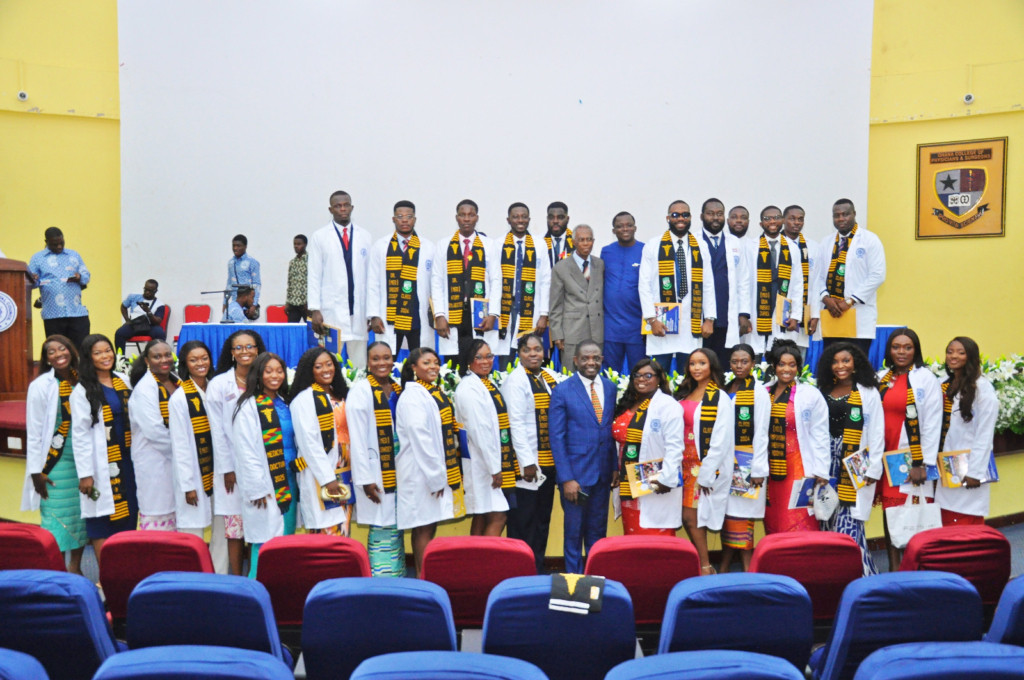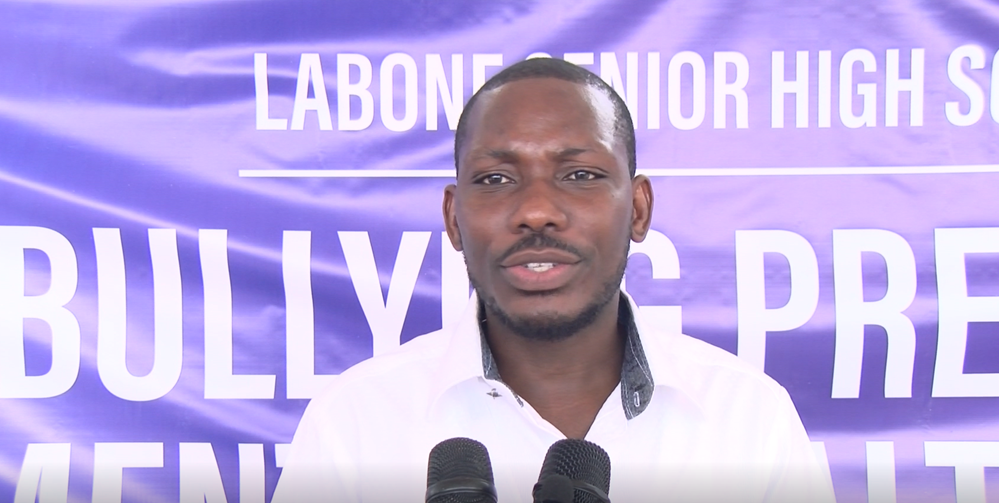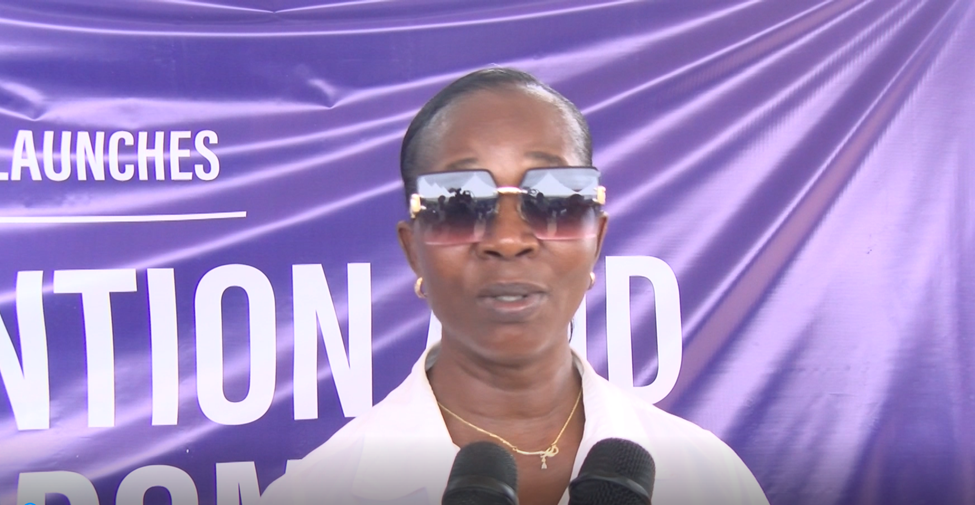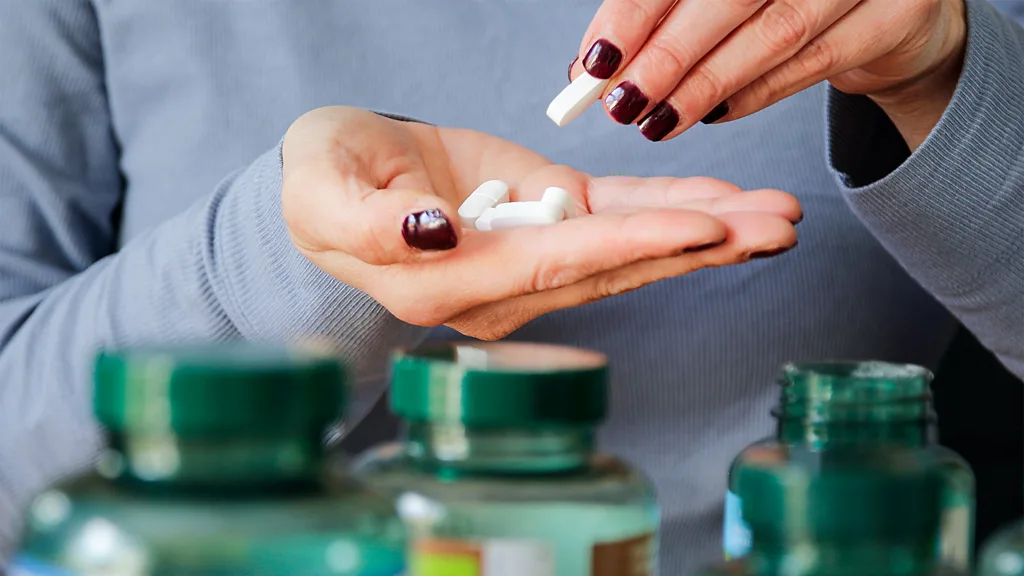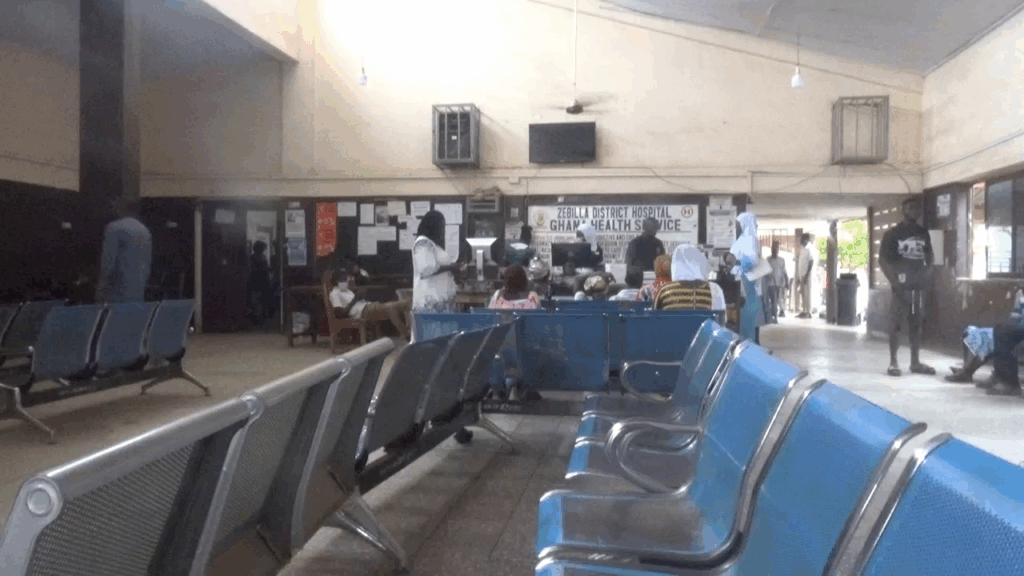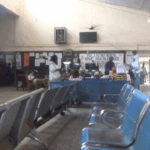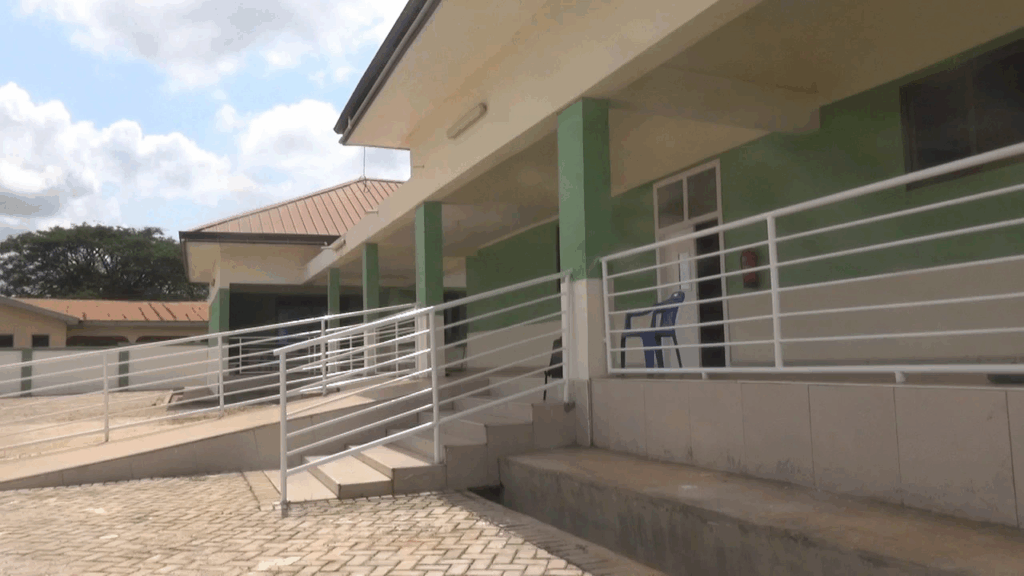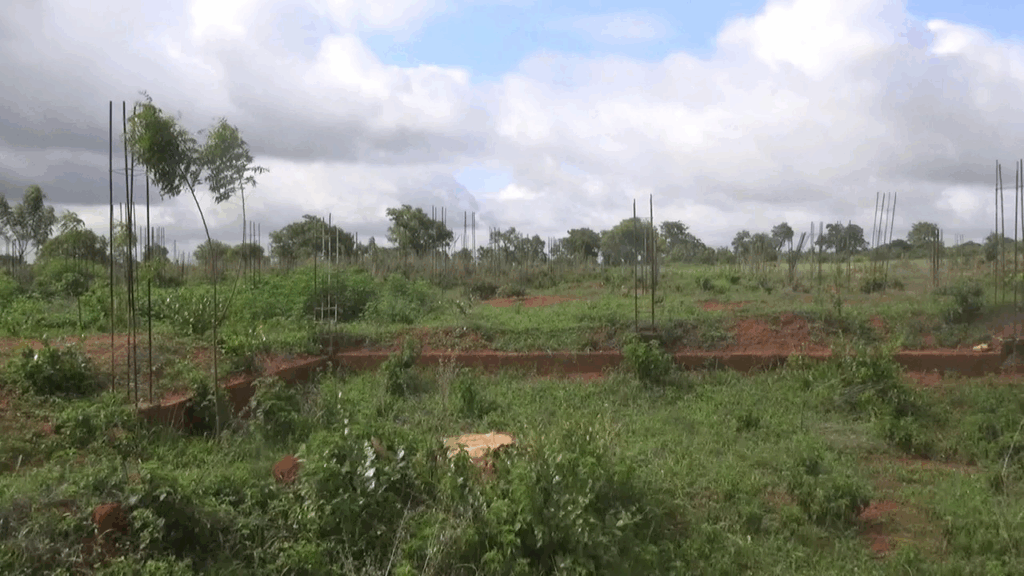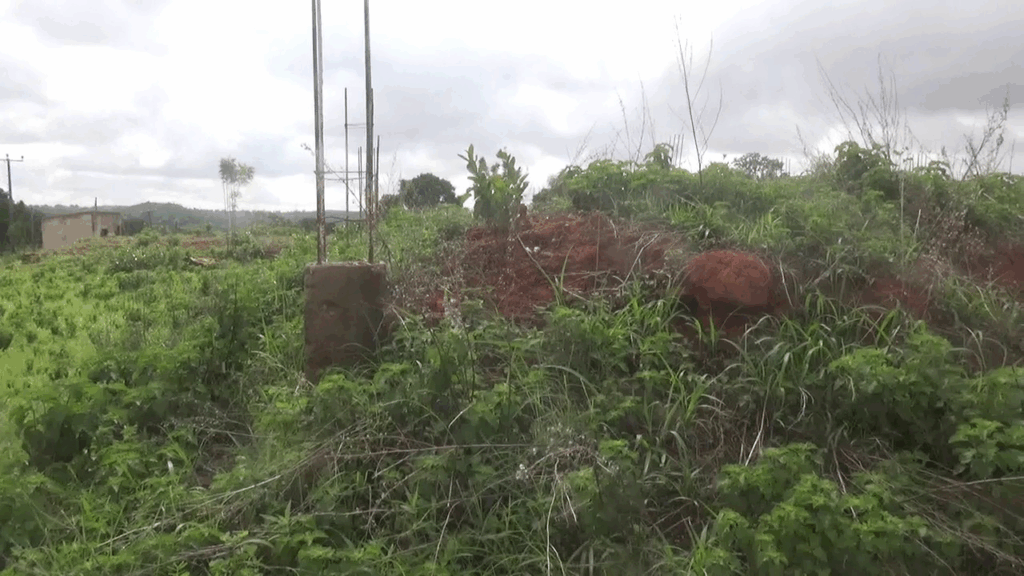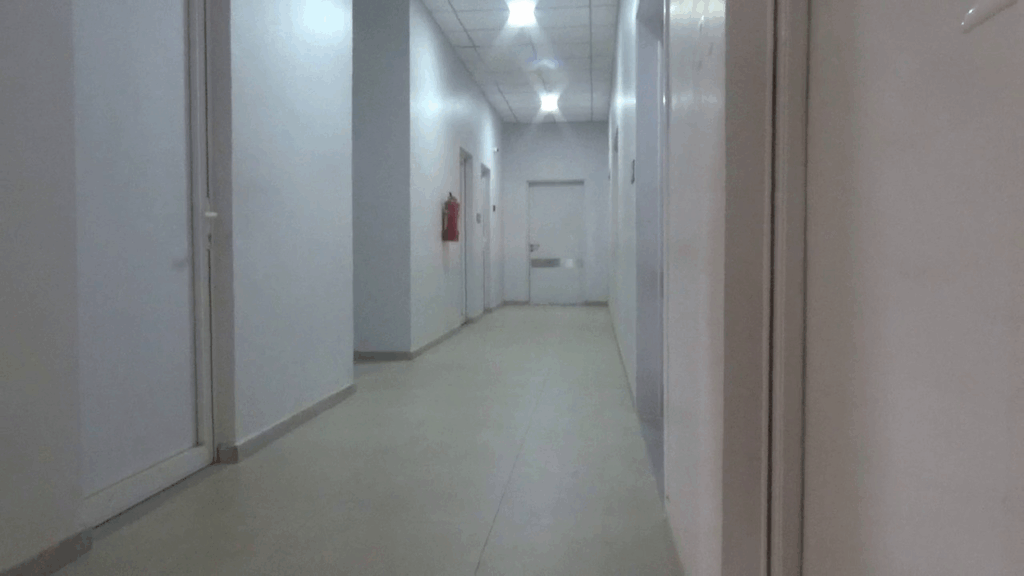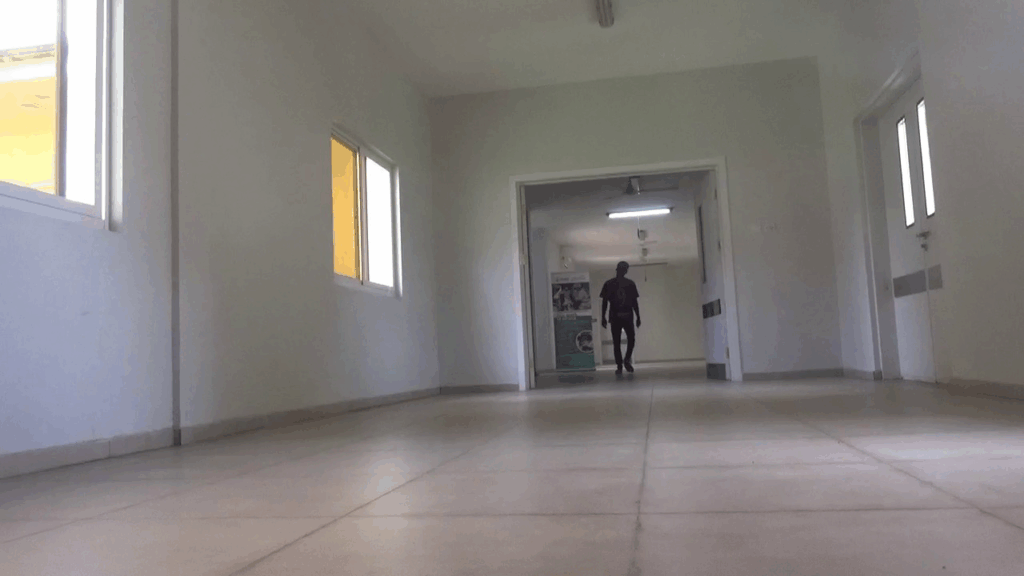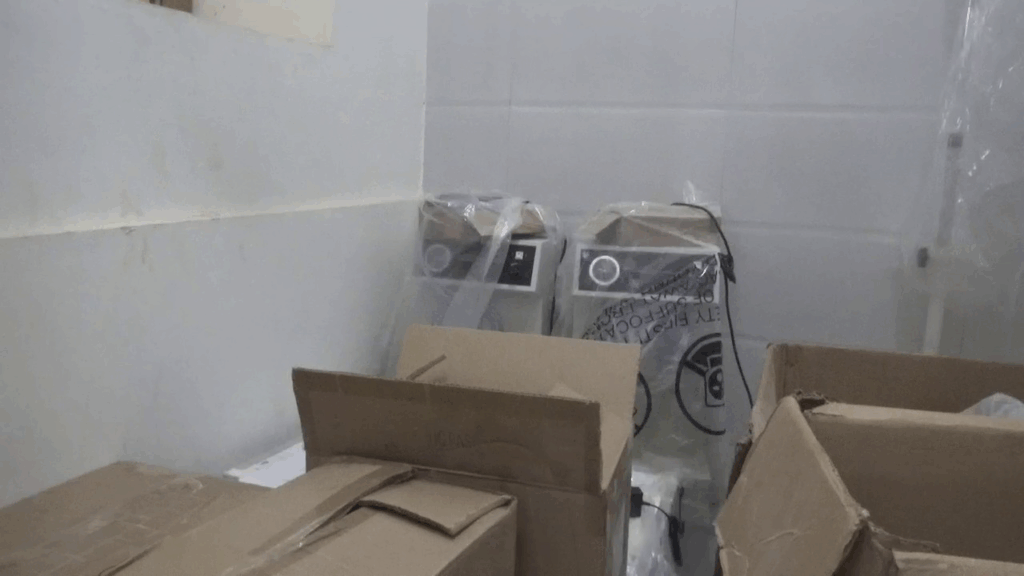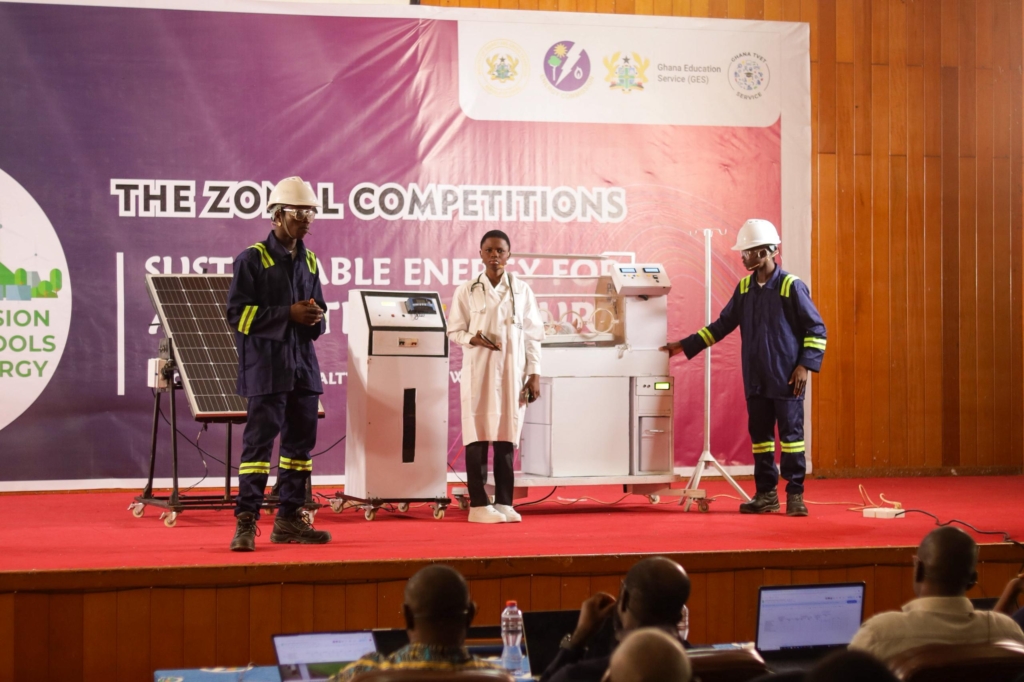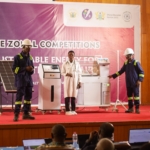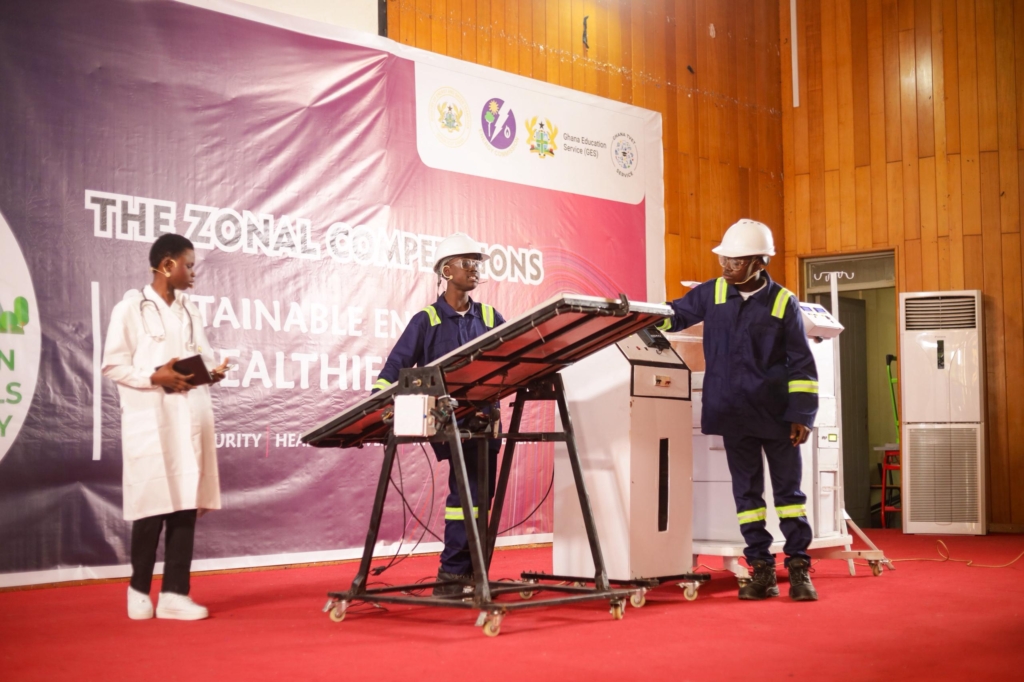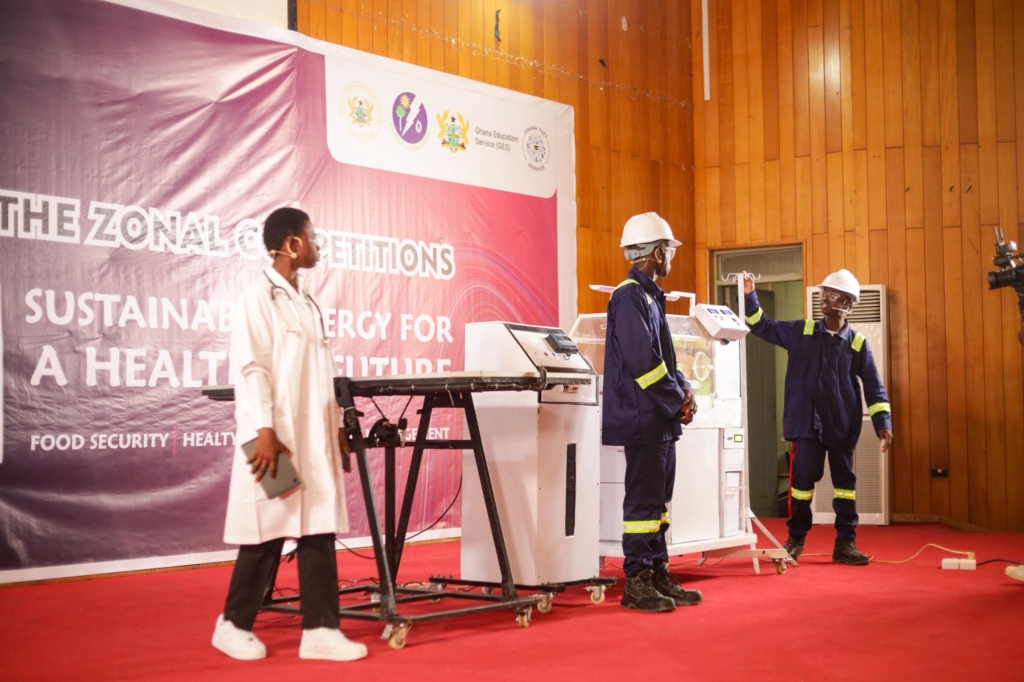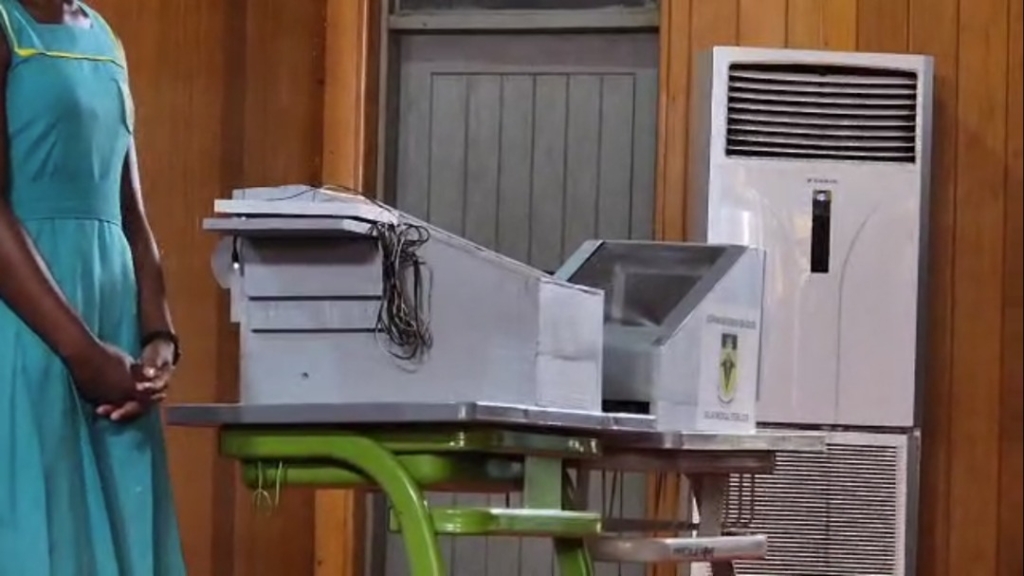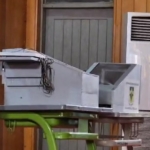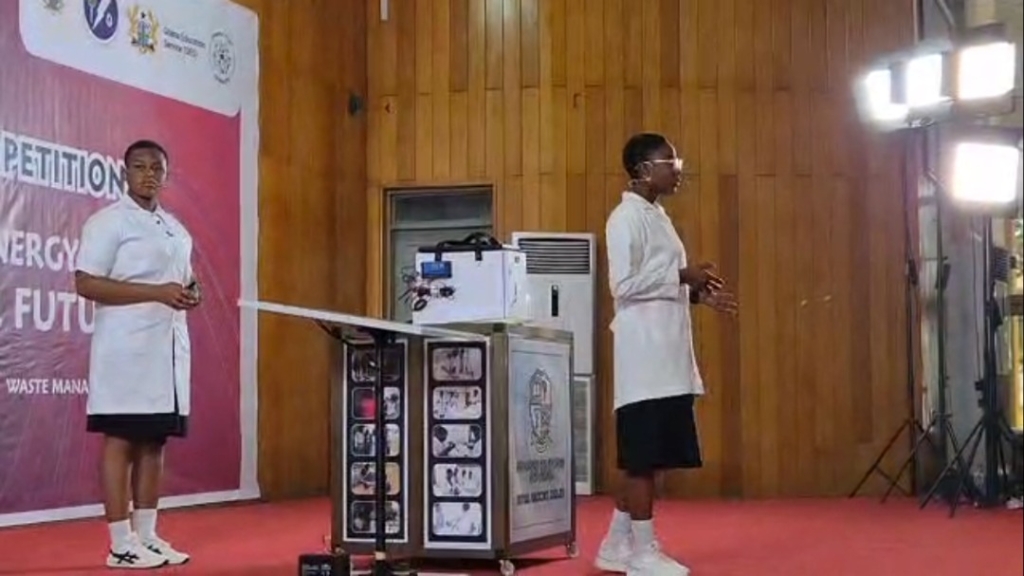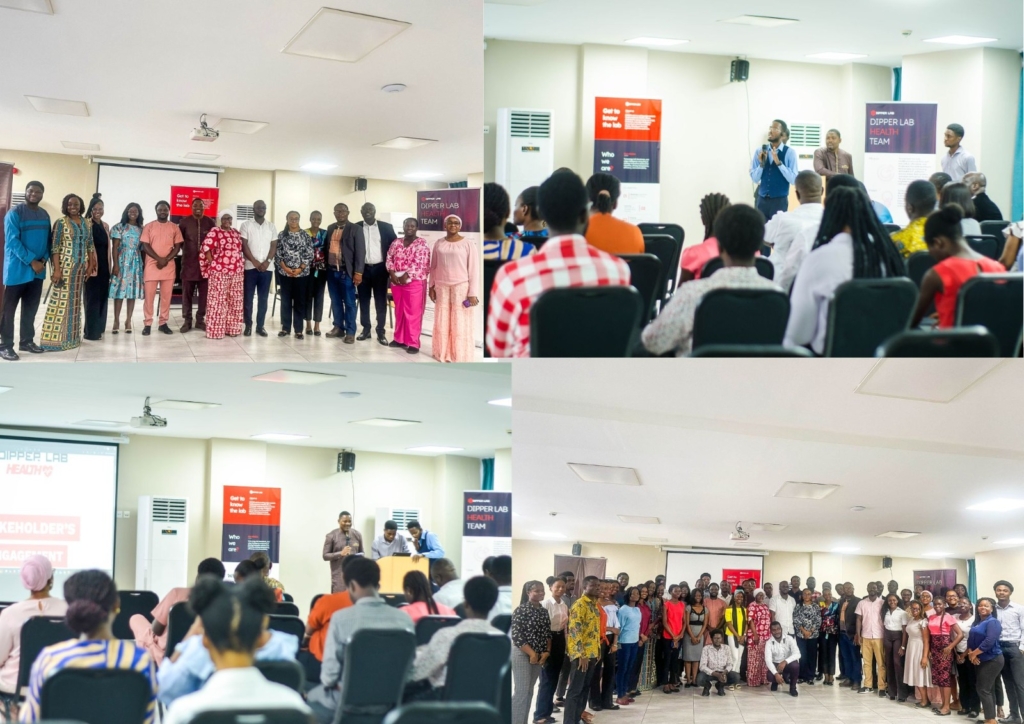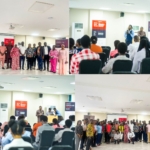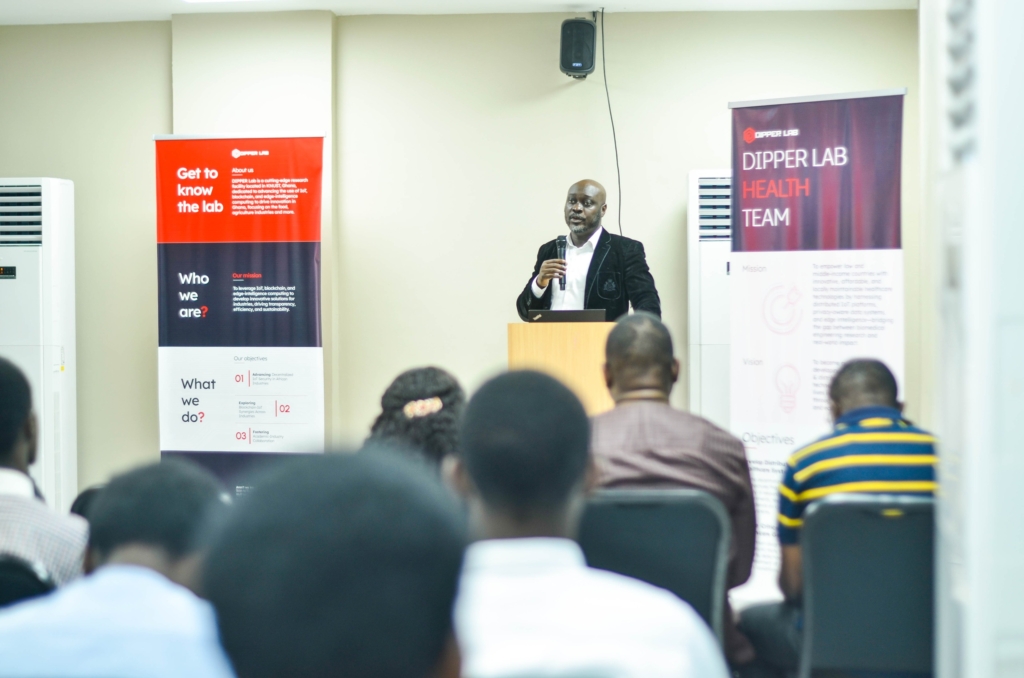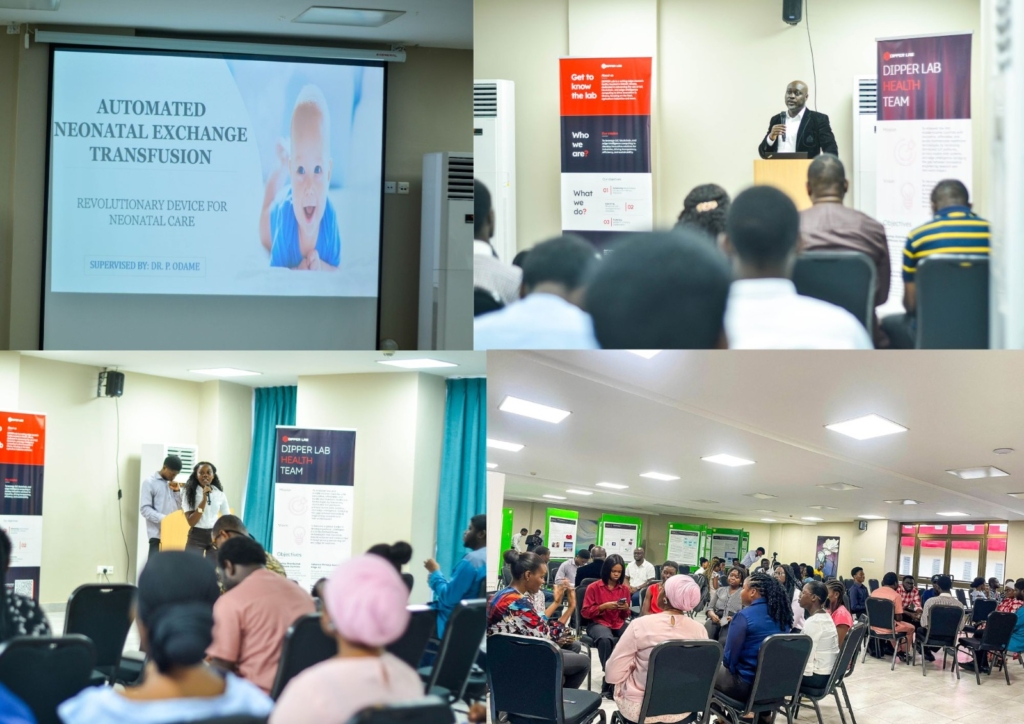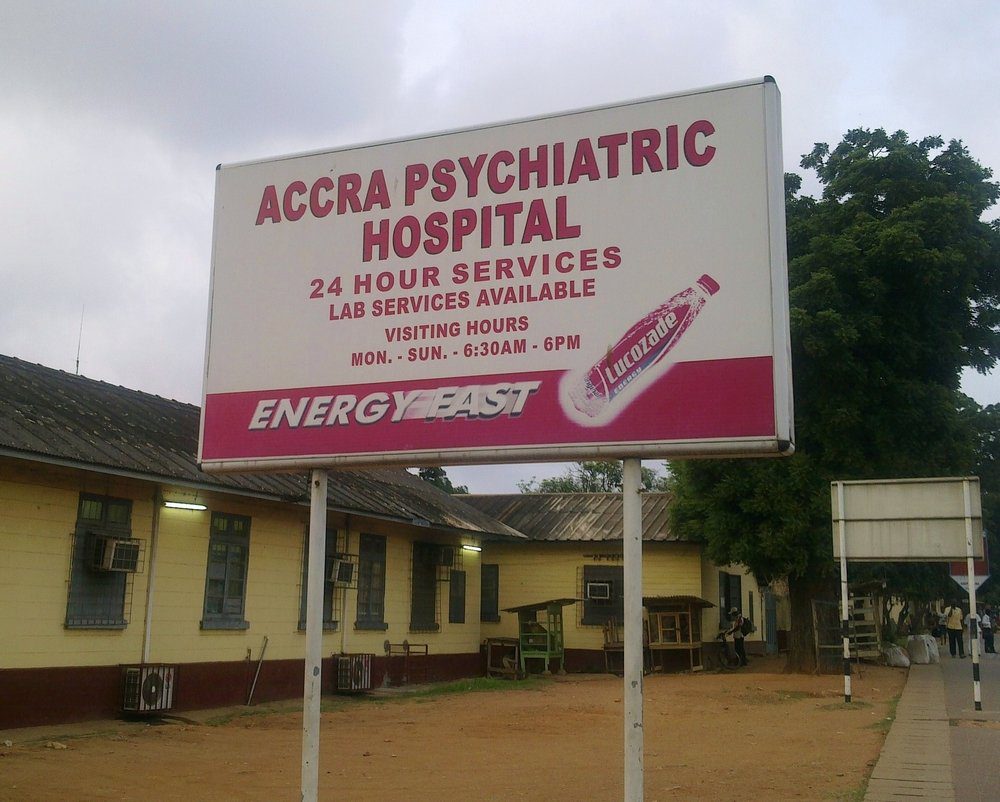36 doctors from Family Health University inducted by Medical and Dental Council
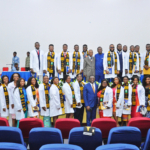
Thirty-six newly qualified medical doctors from Family Health University (FHU) have been officially inducted into the medical profession by the Medical and Dental Council (MDC) of Ghana.
The ceremony, held in Accra over the weekend, formed part of the induction of 192 new doctors.
Addressing the gathering, the Registrar of the MDC, Dr. Divine Ndonbi Banyubala, reminded the inductees of the immense responsibility their profession carries, often involving decisions that could mean life or death.
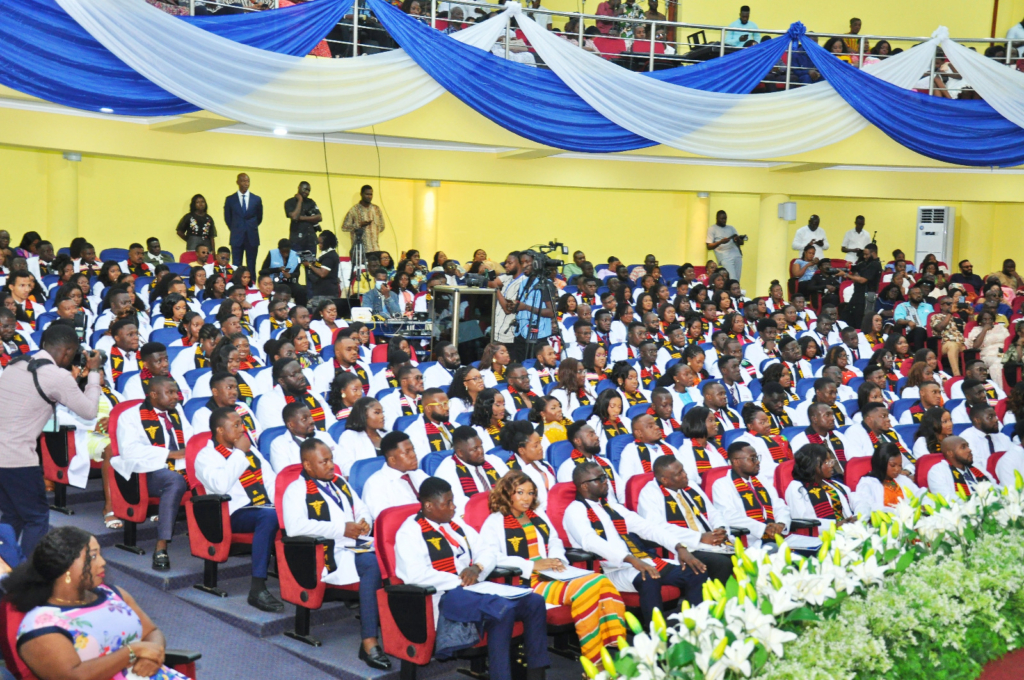
He urged them to uphold the highest professional standards to maintain the trust and confidence of the public, adding that the MDC would continue its mandate of safeguarding public health and ensuring quality training for medical and dental practitioners.
The Chairman of the Council, Prof. Agyeman Badu Akosa, also advised the new doctors to always place patients’ well-being as their top priority.
He encouraged them to pursue continuous learning, stay abreast of emerging medical technologies, and uphold the noble traditions of the medical profession.
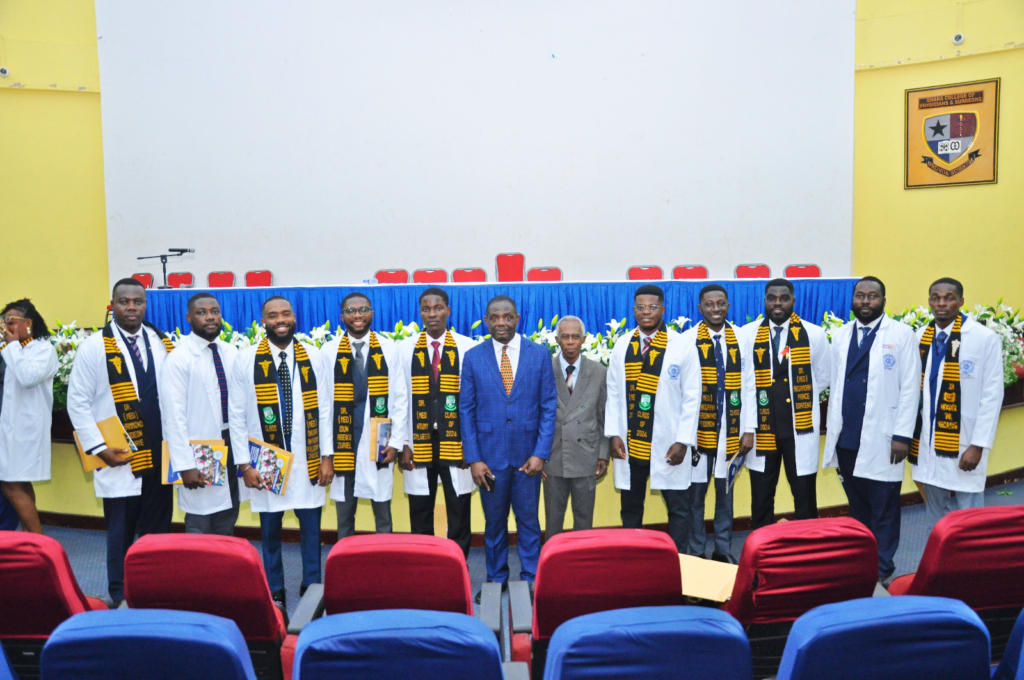
This year’s batch is particularly historic for FHU, as the 36 inductees are the first batch of graduates to be inducted since the institution attained full university charter status in 2024.
Trained under the guidance of esteemed lecturers and professors, and supervised by the institution’s founders, Prof. Enyonam Yao Kwawukume and Dr. Susu Bridget Kwawukume, the doctors are the product of years of rigorous academic and clinical preparation.
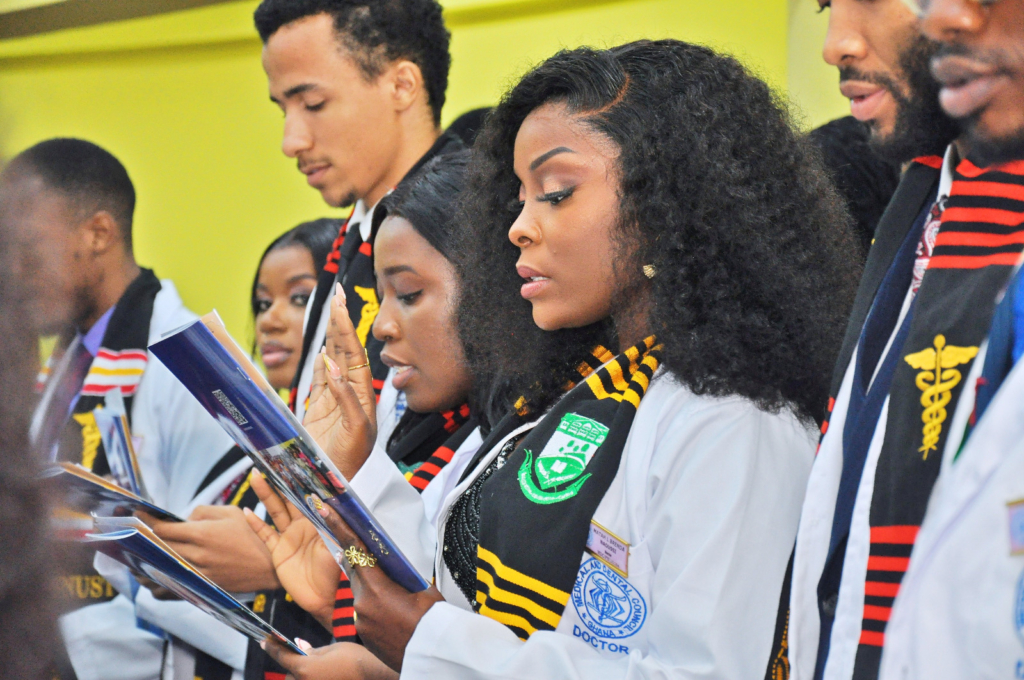
The Dean of Family Health Medical School, Dr. Sylvester Yaw Oppong, expressed pride in the graduates, noting that their perseverance and commitment during their studies would serve them well in their professional practice.
Prof. Kwawukume, in his remarks, stressed the importance of teamwork, professional ethics, and continuous mentorship, assuring the graduates that the university would remain committed to supporting their growth and monitoring their progress.
Several inductees expressed heartfelt gratitude to the founders for establishing Ghana’s first private medical school, enabling them to fulfil their aspirations of becoming doctors. They praised the dedication, patience, and professionalism of their lecturers and pledged to serve their communities with diligence and compassion.

Family Health University’s Medical School is Ghana’s premier private medical school, offering a six-year Bachelor of Medicine and Bachelor of Surgery (MB ChB) programme for SSCE and ‘A’ Level graduates, and a four-and-a-half-year Graduate Entry Medical Programme (GEMP) for science degree holders.
The institution prides itself on student-centered learning strategies designed to foster excellence and innovation in healthcare delivery.


